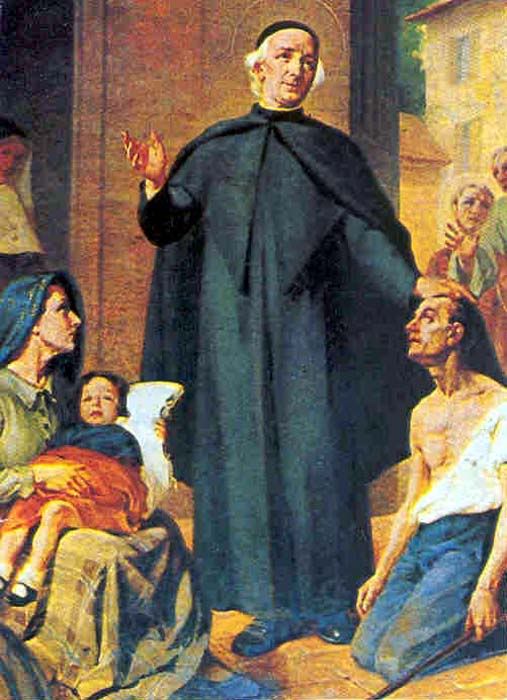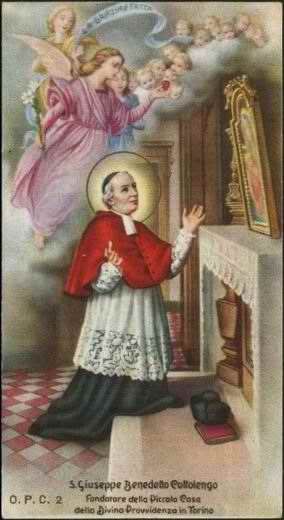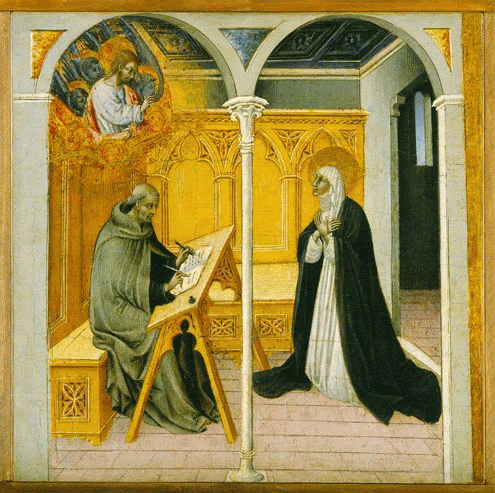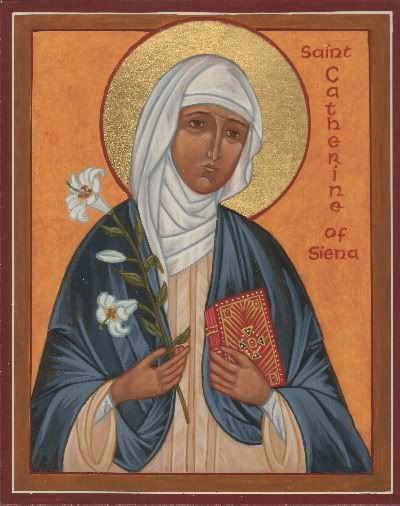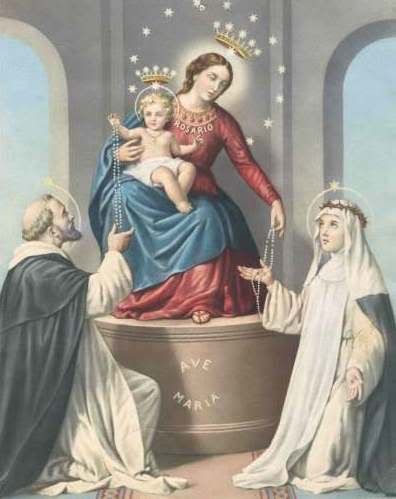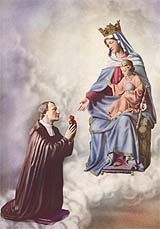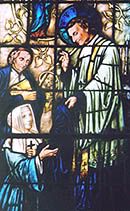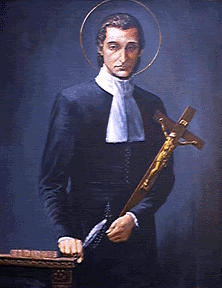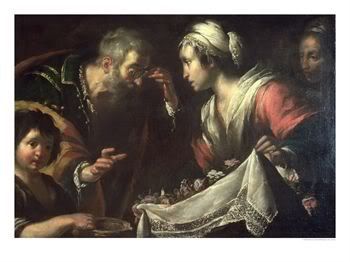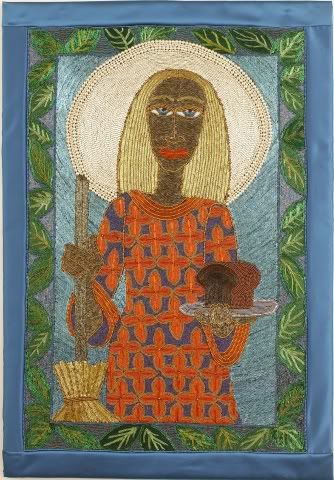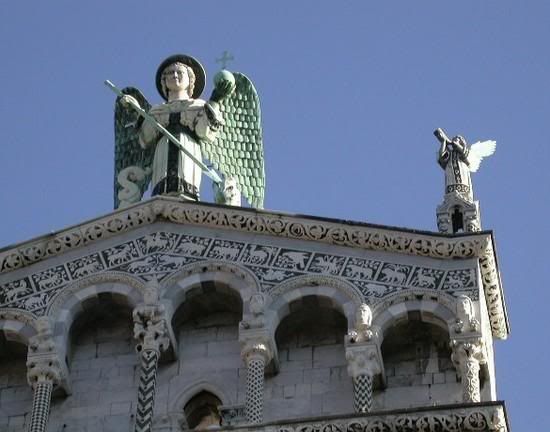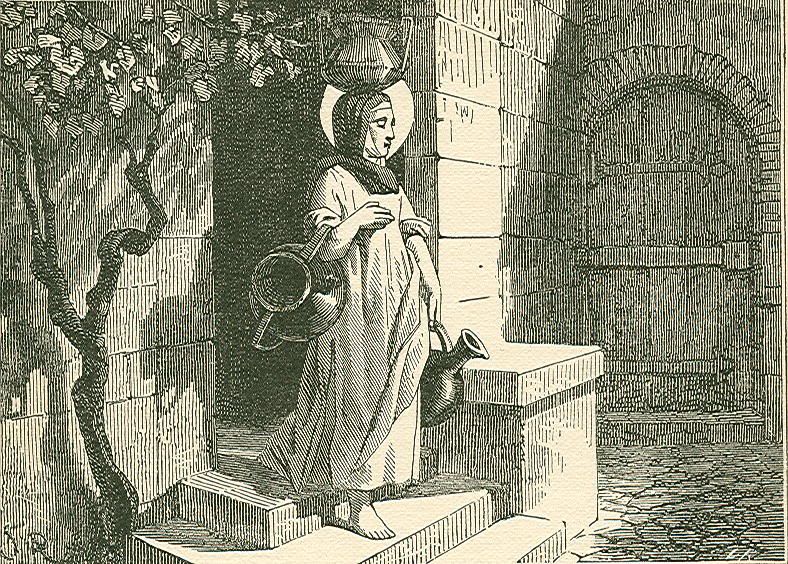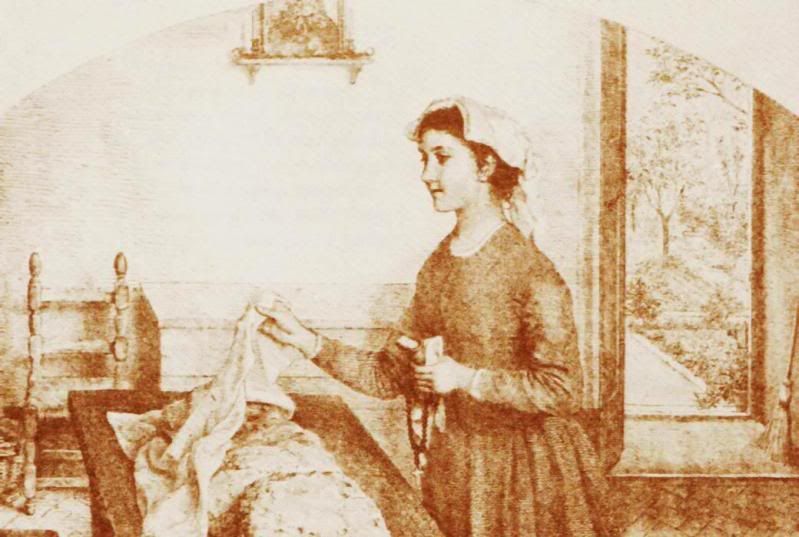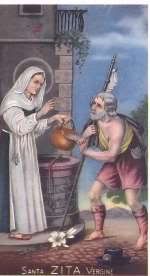Joseph was the eldest of 12 children, six of who later died in infancy or childhood. Born to a middle class family in Bra, Piedmont (near Turin, Italy), Joseph made his intentions of entering the priesthood known at age 12. Despite his frail health and academic difficulties in school, he was accepted into the seminary at Turin and ordained for the Diocese of Turin in 1811.
The first years of Saint Joseph’s priesthood were unremarkable, with the exception of his deep devotion to the Blessed Virgin. He set about his days, viewing the priesthood as an occupation, rather than a blessed calling. But that was about to change. One cold night, he was called to the bed of a traveler—an extremely poor, sick woman who was also in labor. This poor woman badly needed medical help, but had been turned away everywhere for lack of money. The hospital would not take her because she was pregnant, and the maternity ward would not take her because she was ill. Saint Joseph remained with her throughout the night, hearing her Confession, absolving her, giving her Holy Eucharist, and Last Rites. He baptized her newborn daughter, and stayed with the pair while they both died in bed.
Upon returning to the Church of the Corpus Domini, he paused in front of the statue of Our Holy Mother of Grace. In that moment, he received the inspiration to create a home open to everyone, whatever disease they might suffer from, without distinction of race or creed. Without thought of whether this inspiration would be financially or politically possible, Saint Joseph devoted his life to the mission. He first started a small home, which initially held only 4 beds, near the church. When the demand grew too great, he increased the size of the building, calling upon men and women to volunteer. As the “hospital” grew even larger, he called upon the Brothers of Saint Vincent and the Vincentian Sisters for assistance in nursing and volunteering.
During the great cholera outbreak of 1831, local authorities closed the house, believing it (and the poor it served) to be the cause of the outbreak. Saint Joseph did not despair. Rather, he moved the house outside the city, to Valdocco (a suburb of Turin), and began what is still known today as the Piccola Casa della Divina Provvidenza (the Small House of Divine Providence, original building, pictured right). The hospital grew and he expanded his activities to helping the aged, the deaf, blind, crippled, insane, and wayward girls until his Piccola Casa became a great medical institution. An entire “village” grew up around the institution, providing asylums, orphanages, hospitals, schools, workshops, chapels, almshouse, and programs to help the poor, sick, and needy of all types. Saint Joseph, completely reliant on the Lord, refused state aid, and relied entirely on alms. When the king insisted on providing aid, Saint Joseph continued to refuse, stating, “They are under the protection of Divine Providence; protection by the state is superfluous." He kept no records, and refused to go to sleep if there was money left in the institution. He would roam from room to room, opening drawers, and upon discovery of money, would immediately give it away to those in need. Each day began with no funds, and miraculously, operations continued to grow, with money to spare each evening. He was fond of saying, "we progress as long as we possess nothing. We decline when we live on endowments."
Saint Joseph’s confidence in the Lord did not lead him to complacency. He worked tirelessly in service to those in need, sleeping on a few hours a night (oftentimes on a chair or bench), and then returning to prayer, work, and service. Given his schedule, his already frail health was compromised, and he contracted cholera during the epidemic. While he recovered, he was sick throughout the remainder of his life. In 1842, sensing the end was near, Saint Joseph’s doctors encouraged him to visit his brother in Chieri. At the start of his journey, as they helped him into his carriage, one of the Sisters of Saint Vincent cried out in tears: “Father, you are sick; what will become of us?”
“Be at peace,” he answered with serene confidence. “When I am in heaven, where one can do everything, I will help you more than now I do. I will hold to the cloak of the Mother of God and keep my eyes fixed on you. Do not forget what I, a poor old man, say to you today!”
Saint Joseph Cottolengo died on April 30, 1842, in the home of his brother in Chieri. The final word of this great Saint was that of the Psalm: “I rejoiced when it was said unto me, Let us go unto the House of the Lord!” Today, the Piccola Casa still operates, serving over 8,000 needy and ill each day. Over 800 houses exist around the world (Ecuador, India, Italy, Kenya, Switzerland, Tanzania and United States) run by Cottolengo Fathers, Sisters, and Brothers, with their work focused on communicating God's love for the poorest.
The life of Saint Joseph Benedict Cottolengo serves as an important reminder to each of us—a reminder of the many souls in need throughout the world; and a greater reminder of the love, mercy, and provision of the Lord to those who have confidence in Him. What areas of our lives do we try to control? What problems do we try to solve ourselves, rather than turning them over to God? What more could we do for others were our faith and hope in the Lord a bit stronger? As we continue our meditation on the Psalms, we look not only to the life of Saint Joseph, but also to the encouraging words of Psalm 6: Prayer in time of distress.
O God, your Son came among us to serve and not to be served, and to give his life for the life of the world. Lead us by his love to serve all those to whom the world offers no comfort and little help. Through us give hope to the hopeless, love to the unloved, peace to the troubled, and rest to the weary, through Jesus Christ, our Savior and Lord, who lives and reigns with you and the Holy Spirit, one God, now and forever. Amen.
Today’s Psalm: Psalm 6: Prayer in Time of Distress
1O LORD, do not rebuke me in your anger
or discipline me in your wrath.
2 Be merciful to me, LORD, for I am faint;
O LORD, heal me, for my bones are in agony.
3 My soul is in anguish.
How long, O LORD, how long?
4 Turn, O LORD, and deliver me;
save me because of your unfailing love.
5 No one remembers you when he is dead.
Who praises you from the grave [b] ?
6 I am worn out from groaning;
all night long I flood my bed with weeping
and drench my couch with tears.
7 My eyes grow weak with sorrow;
they fail because of all my foes.
8 Away from me, all you who do evil,
for the LORD has heard my weeping.
9 The LORD has heard my cry for mercy;
the LORD accepts my prayer.
10 All my enemies will be ashamed and dismayed;
they will turn back in sudden disgrace. (Psalm 6:1-10)
Day 120 of 365
Prayer Intentions: Confidence in the Lord; Hearts of service to those in need
Requested Intentions: For financial security and housing for a son (B); For a friend undergoing a medical procedure (L); A father’s birthday (J); Restoration and healing of marriage, family, and financial situation (M); For the repose of the soul of M (J); Financial security and employment (A); For financial security (M); Health and recovery of Cardinal Sean Brady (R); Healing from a chronic illness (J); Deepening of faith and true conversion for a family (J); Successful employment (H); Restoration of a marriage (J); For a friend’s daughter, seeking medical treatment for a blood disorder (D); For the grace and conversion of a loved one (Z); For a beloved son’s return to the faith (A); For the improved health and recovery of a mother (G).
Psalm: Psalm 6: Prayer in Time of Distress
